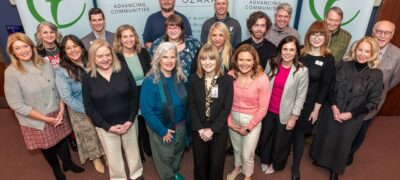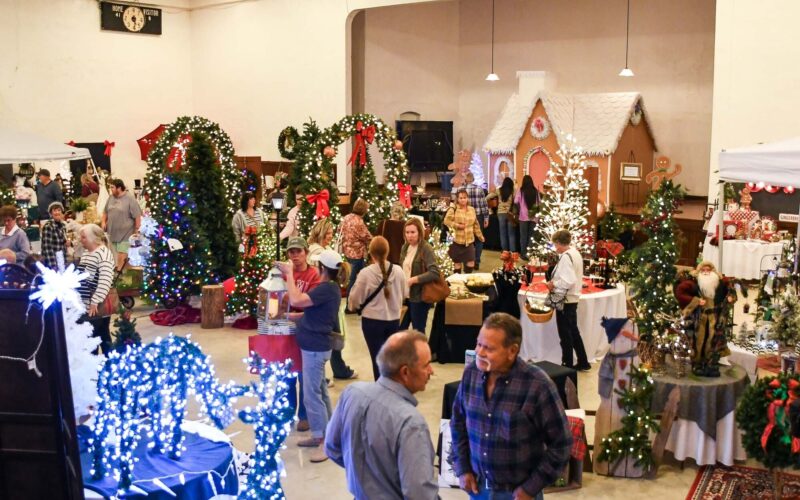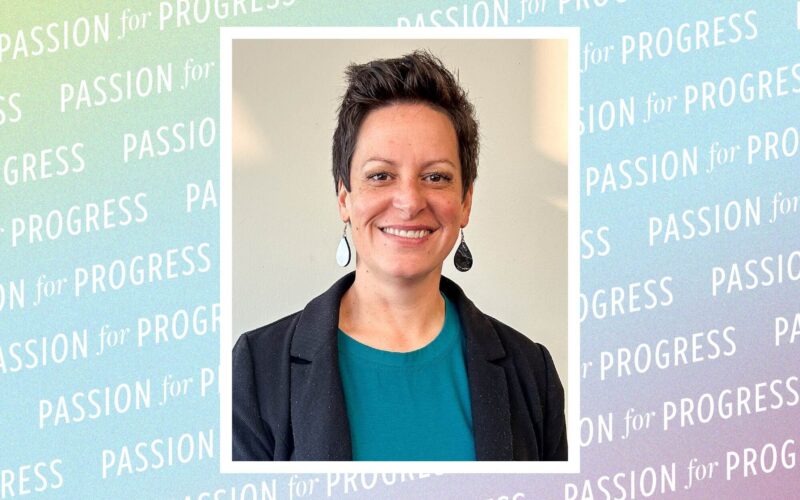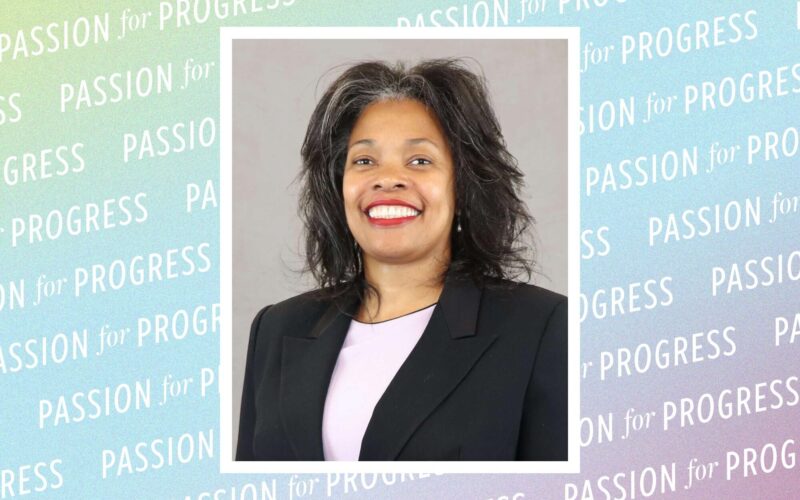BY BRIAN FOGLE, PRESIDENT & CEO
On the differences between us (or the lack thereof)
I mentioned in my last note just how great my yard looks because of the pandemic. The other productive thing I’ve done at home since the pandemic started is read. (I won’t share with you the number of unproductive things I do … but I’m sure my wife would, should you ask.)
I love to know things, so have jumped into nonfiction books ranging from economics to history to rock and roll. (The “reading recommendations” I get from Amazon make me feel like a total nerd.) One of these days, I might actually read some fiction if this COVID-19 emergency continues much longer.
The book I just finished was Bill Bryson’s “A Short History of Nearly Everything,” which pretty much is that. In one chapter, he discusses “Life itself,” and goes into just how shared our gene pool is when we go back thousands of years:
“We are also uncannily alike. Compare your genes with any other human being’s and on average they will be about 99.9 per cent the same. That’s what makes us a species. The tiny differences in that remaining 0.1 per cent — ‘roughly one nucleotide base in every thousand,’ to quote the British geneticist and Nobel laureate John Sulston — are what endow us with our individuality.”
Reading that made me think just how much we focus on that 0.1 percent “nucleotide.” We hear how divided we are, the polarity in our communities, nation and world. I don’t know if it’s truly different now than at any other time in matters of “individuality,” but I do think we focus on it more, talk about it more, write about it more. With an election season before us, I suspect it’s only going to get worse.
I anticipate a fairly brutal autumn between a pandemic and an election, not to mention continued uncertainty. I also think, by early December, we’ll be licking our wounds, and asking “aren’t we better than this?” I hope so. Maybe we’ll have to hit bottom before we’re ready to start up the other side of our DNA.
Mother Teresa, when asked about her worries in the world, replied without hesitation: “The biggest problem in the world today is that we draw the circle of our family too small. We need to draw it larger every day.” That circle could easily include the 99.9% of humanity we share, instead of the one nucleotide difference. Let’s all work on this … together. Won’t you join me?
Brian Fogle is the President and CEO of the Community Foundation of the Ozarks.



